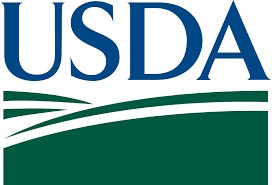Resource Details
Other
Water & Waste Disposal Loan & Grant Program
This program provides funding for clean and reliable drinking water systems, sanitary sewage disposal, sanitary solid waste disposal, and storm water drainage to households and businesses in eligible rural areas.
Long-term, low-interest loans are available. If funds are available, a grant may be combined with a loan if necessary to keep user costs reasonable.
Eligibility
Eligible applicants include:
Most state and local governmental entities
Private nonprofits
Federally-recognized tribes
Eligible projects include the acquisition, construction or improvement of:
Drinking water sourcing, treatment, storage and distribution
Sewer collection, transmission, treatment and disposal
Solid waste collection, disposal and closure
Storm water collection, transmission and disposal
In some cases, funding may also be available to activities such as:
Legal and engineering fees
Land acquisition, water and land rights, permits and equipment
Start-up operations and maintenance
Interest incurred during construction
Purchase of facilities to improve service or prevent loss of service
Other costs determined to be necessary for completion of the project
Borrowers must have the legal authority to construct, operate and maintain the proposed services or facilities. All facilities receiving federal financing must be used for a public purpose. Partnerships with other federal, state, local, private and nonprofit entities that offer financial assistance are encouraged. Projects must be financially sustainable.
Related Resources
Small Business Legal Clinic
State Bar of Wisconsin- Business Law
Other
The Small Business Assistance Program is a free legal support initiative by the State Bar of Wisconsin’s Business Law Section. It connects small business owners with volunteer attorneys for brief, non-litigation legal advice on common business issues.
DHS Assessment of Chemical Exposure Toolkit
U.S. Department of Health and Human Services
Health & Mental Health, Other, Sustainability, Workforce
The ACE Toolkit contains surveys, consent forms, training materials, and databases that can be easily customized for use in an assessment after a chemical incident.




